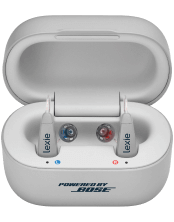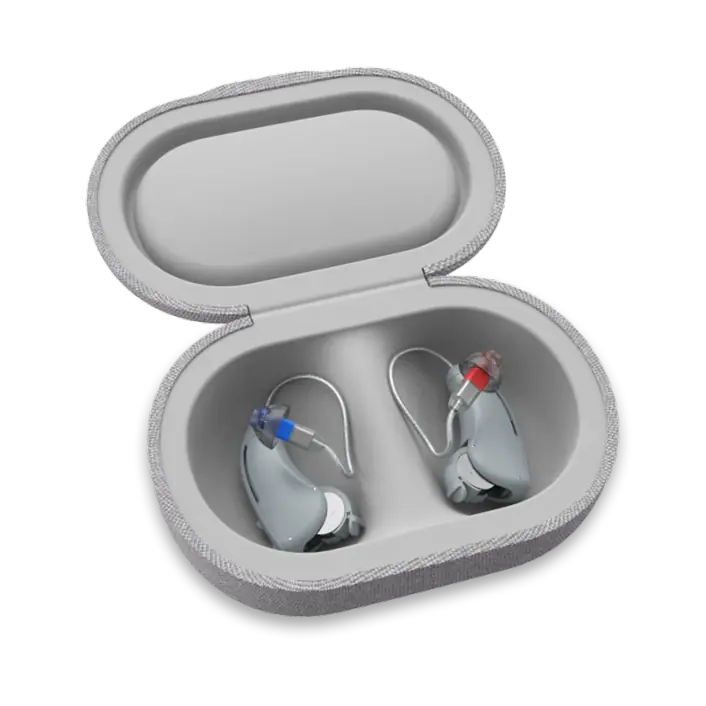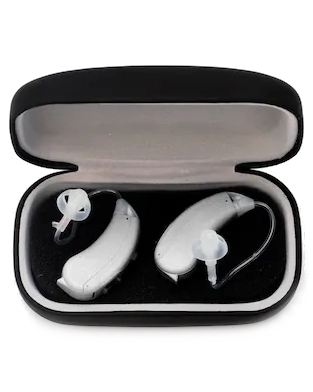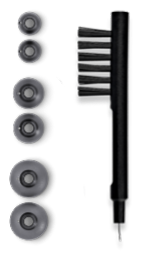How Does the Ear Work? | Hearing Loss
Published: April 26, 2021
Updated: July 19, 2022
How does the ear work? To best answer this question it is important to first understand the sense of hearing and the function of the ear. The human ear is more than what we see on the outside. It has three sections that include the outer, middle, and inner ear, each playing a part in the process of hearing. The outer ear collects the sounds that we hear and channels them into the ear canal. From the ear canal, the sound waves stimulate our tympanic membrane, more commonly known as the eardrum, and make it vibrate.
How does the ear work?
From the inside of the eardrum to the cochlea, is the middle ear. Three small bones, called ossicles, are attached to the eardrum and connect to the cochlea on the other side. Sound waves travel from the eardrum through the ossicles and into the cochlea through the round window where the third ossicle connects. From the cochlea onwards, is the inner ear. The cochlea is a fluid-filled bony structure that looks a little like a snail’s shell. Vibration from the stapes creates movement in the cochlear fluid and in turn, stimulates the Organ of Corti, a small structure in the middle of the cochlea. Inside this organ, small hair cells represent each and every frequency that the human ear can hear. When these hair cells move due to the cochlear fluid movement, signals are sent to the auditory nerve and finally, the brain. The brain interprets all the sounds that we hear and makes sense of them. Understanding the function of the ear makes it easier to understand that hearing loss occurs when there is a breakdown anywhere in this hearing process, in any of the sections of the ear.
Types of hearing loss
Conductive hearing loss occurs when the hearing loss is caused by a condition of the outer or middle ear, preventing sound from reaching the inner ear. Examples of causes of conductive hearing loss are an ear wax obstruction, middle ear infection, or ossicular discontinuation (when the little bones in the middle ear become dislocated). The treatment for conductive hearing loss is generally by medical means, but in the cases where the conductive hearing loss is permanent (for example, due to recurring middle ear infections), audiological treatment is necessary.
Sensorineural hearing loss occurs when the hearing loss is caused by a condition of the inner ear or auditory pathway in the brain. Examples of causes of sensorineural hearing loss are excessive noise exposure, genetics, or the natural process of aging. The treatment for sensorineural hearing loss is audiological and usually involves the fitting of hearing aids.
Mixed hearing loss occurs when a combination of conductive and sensorineural hearing loss exists. There would usually be both medical and audiological treatment for this kind of hearing loss.
Lexie offers you a variety of hearing aids. Find out more about Lexie Hearing’s offerings by clicking here.






